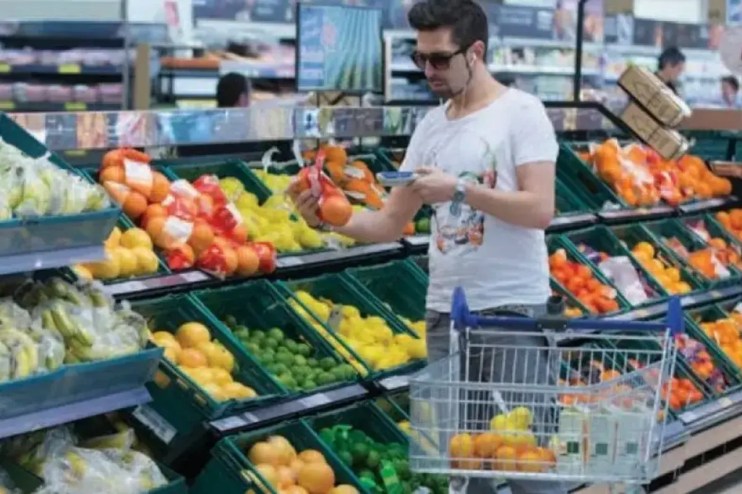Grocery inflation slowed as supermarket discounts deepened

Grocery inflation in January slowed for the first time in six months after supermarkets lowered prices in response to stretched household budgets.
Inflation was 3.3 per cent in January, easing from 3.7 per cent in December, according to the latest figures from Kantar.
Prices rose for chocolate, juices and butters, but fell for cooking sauces, toilet paper and cat food.
“Supermarkets were dishing out the discounts this New Year, and consumers responded,” Fraser McKevitt, head of retail and consumer insight at Kantar, said.
Spending on promotions rose year-on-year by £274 million, accounting for 27.2 per cent of sales – the highest level in January since 2021.
Grocery prices have inflated every month since last August, but the rate of growth remains far below the double-digit figures seen during the cost-of-living crisis.
However, recent forecasts from the British Retail Consortium (BRC) have suggested that food prices will rise by an average of 4.2 per cent in the second half of this year, although this is far above other analysts’ estimates.
Disclaimer: Investing carries risk. This is not financial advice. The above content should not be regarded as an offer, recommendation, or solicitation on acquiring or disposing of any financial products, any associated discussions, comments, or posts by author or other users should not be considered as such either. It is solely for general information purpose only, which does not consider your own investment objectives, financial situations or needs. TTM assumes no responsibility or warranty for the accuracy and completeness of the information, investors should do their own research and may seek professional advice before investing.
Most Discussed
- 1
- 2
- 3
- 4
- 5
- 6
- 7
- 8
- 9
- 10